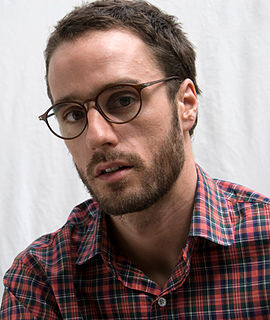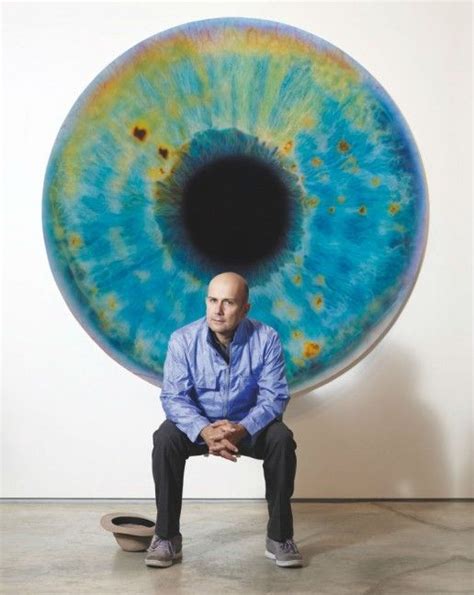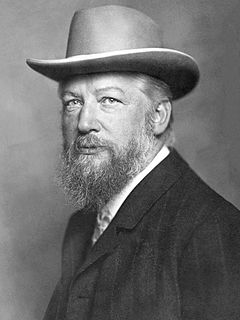A Quote by Aaron Sorkin
The properties of people and the properties of character have almost nothing to do with each other. They really don't. I know it seems like they do because we look alike, but people don't speak in dialogue. Their lives don't unfold in a series of scenes that form a narrative arc.
Related Quotes
People don't live their lives in a series of scenes that form a dramatic narrative, they don't speak in dialogue, they're not lit by a cinematographer or scored by a composer. The properties of real life and the properties of drama have almost nothing to do with each other. The difference between writing about reporters and being a reporter is the same as the difference between drawing a building and building a building.
I hold that space cannot be curved, for the simple reason that it can have no properties. It might as well be said that God has properties. He has not, but only attributes and these are of our own making. Of properties we can only speak when dealing with matter filling the space. To say that in the presence of large bodies space becomes curved is equivalent to stating that something can act upon nothing. I, for one, refuse to subscribe to such a view.
I think the most important work that is going on has to do with the search for very general and abstract features of what is sometimes called universal grammar: general properties of language that reflect a kind of biological necessity rather than logical necessity; that is, properties of language that are not logically necessary for such a system but which are essential invariant properties of human language and are known without learning. We know these properties but we don't learn them. We simply use our knowledge of these properties as the basis for learning.
So if the meaning of the Trump brand is being the ultimate boss who has the power because he's so rich, the way you undermine that brand is by making him look like a puppet, and by showing that while he's playing gold and admiring his properties, it's actually other people making the key decisions and he doesn't really know what's going on.
We all have an ongoing narrative inside our heads, the narrative that is spoken aloud if a friend asks a question. That narrative feels deeply natural to me. We also hang on to scraps of dialogue. Our memories don’t usually serve us up whole scenes complete with dialogue. So I suppose I’m saying that I like to work from what a character is likely to remember, from a more interior place.
The best and safest way of philosophising seems to be, first to enquire diligently into the properties of things, and to establish those properties by experiences [experiments] and then to proceed slowly to hypotheses for the explanation of them. For hypotheses should be employed only in explaining the properties of things, but not assumed in determining them; unless so far as they may furnish experiments.
I am of the theory that all of our transcendental connections, anything we're drawn to, be it a person, a song, a painting on a wall--they're magnetic. The art is the alloy, so to speak. And our souls are equipped with whatever properties are required to attract that alloy. I'm no scientist so I don't really know what the hell these properties are, but my point is we're drawn to stuff we've already got a connection to. Part of the thing is already inside of us.
The very properties of the human mind that provide an enormous scope for human genius in some domains will serve as barriers to progress in other domains, just as the properties that enable each child to acquire a complex and highly articulated human language block the acquisition of other imaginable linguistic systems.
The degree of confirmation assigned to any given hypothesis is sensitive to properties of the entire belief system... simplicity, plausibility, and conservatism are properties that theories have in virtue of their relation to the whole structure of scientific beliefs taken collectively. A measure of conservatism or simplicity would be a metric over global properties of belief systems.



































